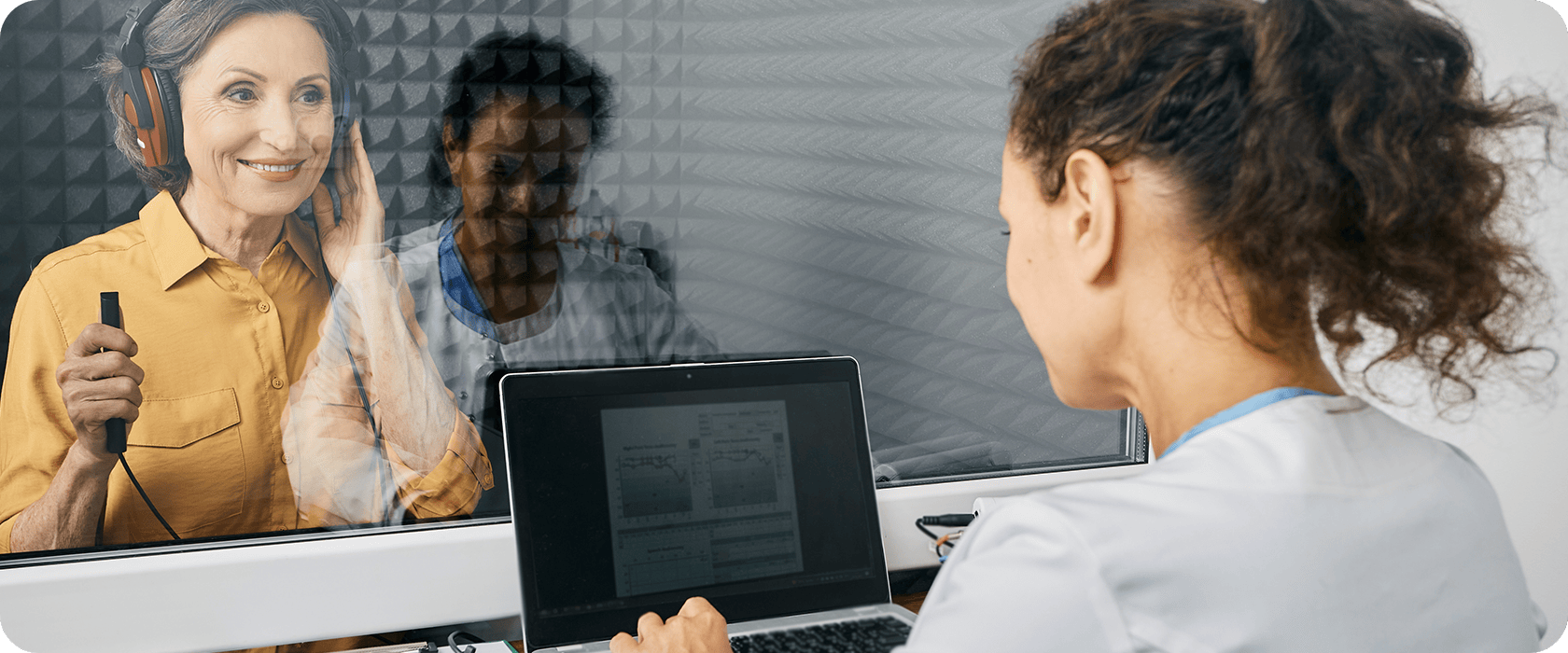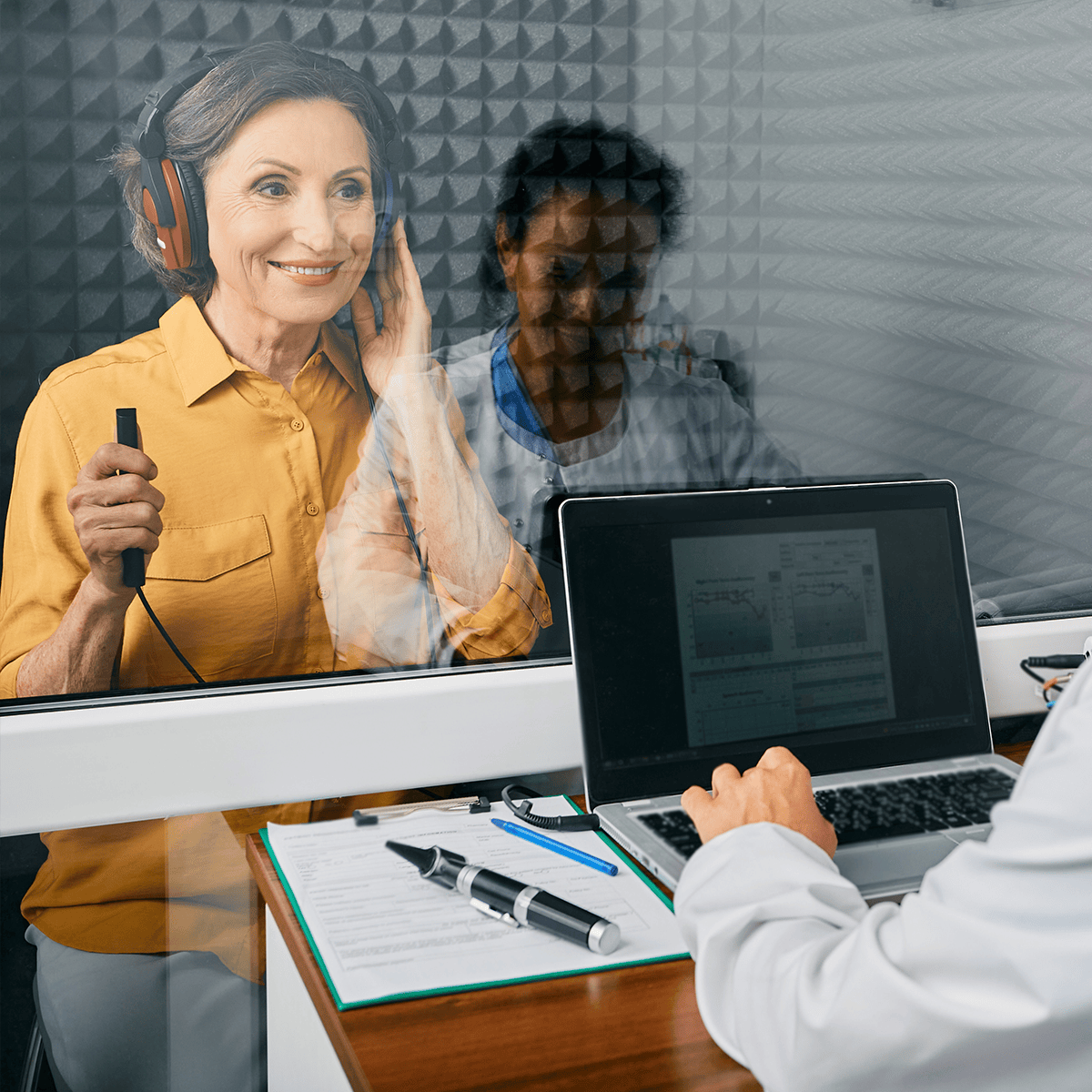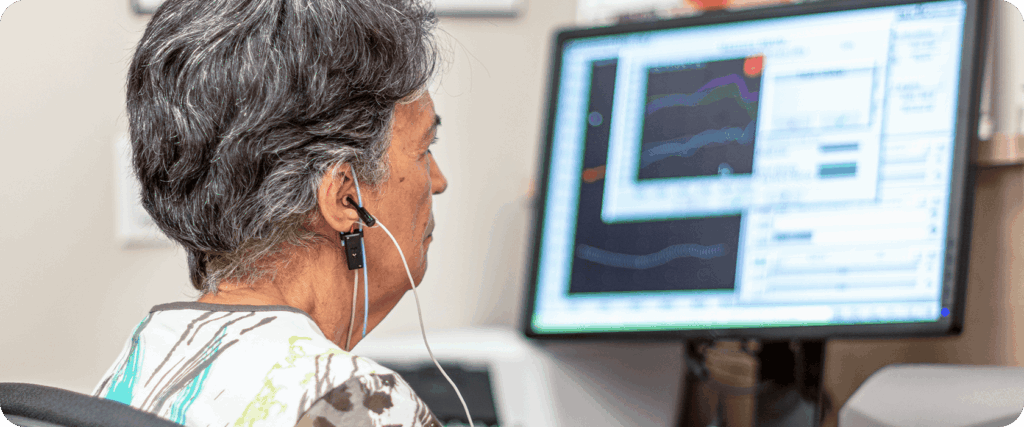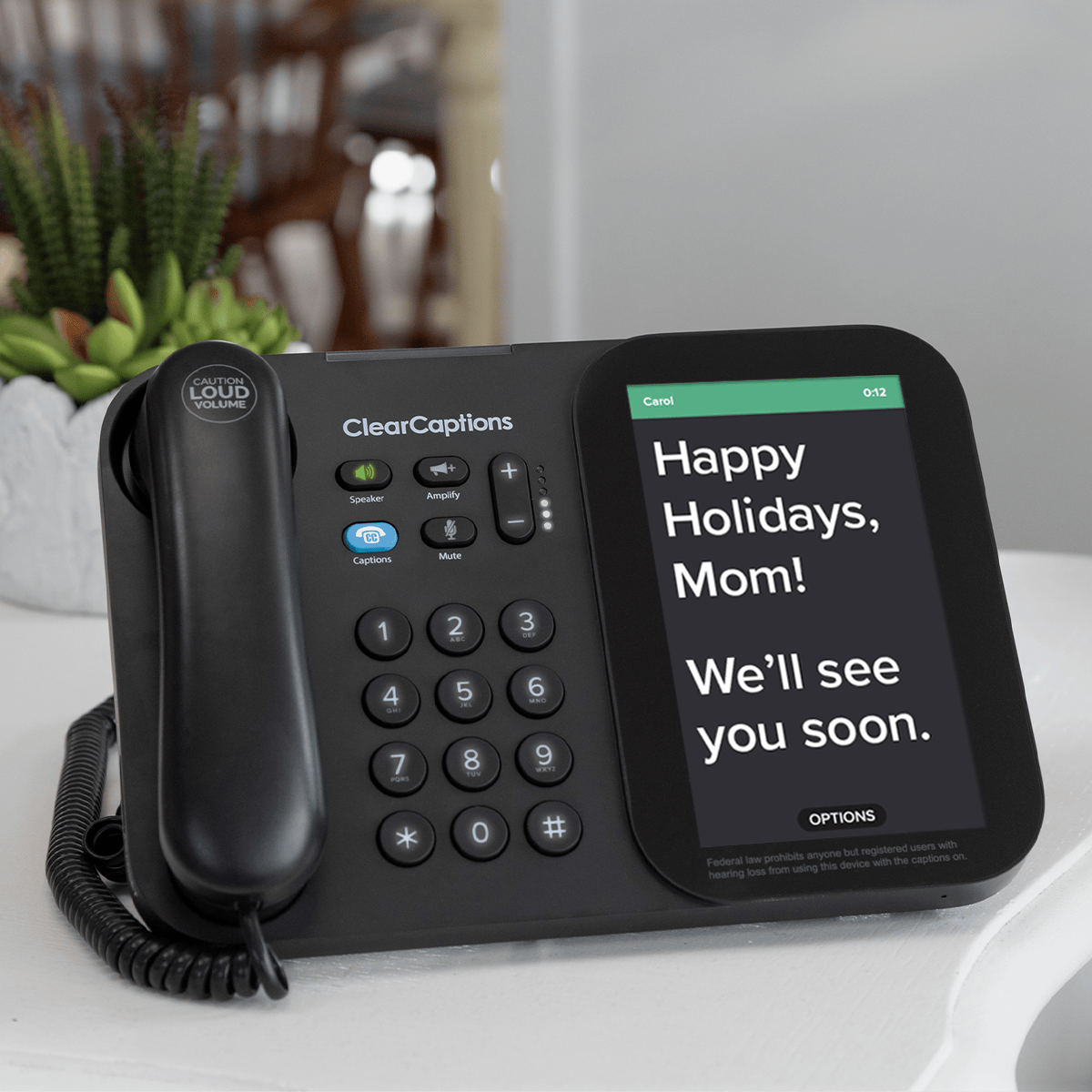Celebrating National Audiology Awareness Month: Your Guide to Better Hearing Health


Key Takeaways
- National Audiology Awareness Month in October raises awareness about hearing health and the professionals who treat hearing conditions.
- Regular hearing evaluations are essential for early detection and treatment of hearing loss.
- Modern audiology includes digital hearing aids, assistive listening devices, and captioned phone technology.
- Understanding what audiology is helps seniors make informed decisions about their hearing care.
- Taking action during National Audiology Awareness Month can lead to better communication and quality of life.
Each October, we celebrate National Audiology Awareness Month, a meaningful time dedicated to raising awareness about hearing health and the skilled professionals who help people navigate hearing challenges. This important observance gives us an opportunity to focus on the field of audiology and how hearing care professionals can make a real difference in our daily lives, especially as we age.
Understanding National Audiology Awareness Month
The American Academy of Audiology established National Audiology Awareness Month in 2008 with a clear purpose: to educate the public about hearing-related disorders and highlight the professionals who treat them. During this dedicated month, hearing care professionals across the country work to increase awareness about hearing loss, share prevention strategies, and connect people with the resources they need.
Throughout October, numerous educational events, community activities, and outreach programs are held to help people learn about hearing health. These include free hearing tests at local centers, simple talks about hearing health, and information on the newest hearing technology.
This yearly event also highlights the importance of hearing care professionals in maintaining our ear and hearing health throughout our lives, and it helps people understand what they do and how they contribute to better hearing health.
What Is Audiology?
Audiology is the field of healthcare that focuses on hearing and balance problems. Audiologists are licensed healthcare professionals who have years of education and training to become experts in these fields. They hold doctoral degrees and can assist people of all ages, from infants to older adults.
However, audiologists aren’t the only hearing care professionals who can help you. Hearing instrument specialists (HIS) are also licensed professionals who can perform hearing screening tests and fit you with hearing aids. These professionals focus specifically on hearing aid services and can be great resources for your hearing needs.
When you see a hearing care professional, they can perform complete hearing tests to find out if you have hearing loss. These professionals use special equipment and tests to check how well your ears and hearing system work. They can also check balance problems, since the inner ear helps keep us steady on our feet.
Audiology covers much more than just hearing tests. Hearing care professionals can fit and adjust hearing aids, teach you about managing hearing loss, suggest helpful listening devices, and even help with tinnitus (ringing in the ears). Understanding what audiology includes helps you know when you might need to see a hearing care professional and what to expect when you visit.
The Connection Between Audiology & Hearing Aids
One of the most important aspects of audiology is helping people find the right hearing solutions for their needs. Audiology and hearing aids work together because hearing care professionals are well-equipped to decide if hearing aids would help you and, if so, which type would work best for your lifestyle and hearing loss.
Hearing aid technology has improved significantly in recent years. Today’s devices are smaller, more powerful, and have features that can greatly improve how you hear. Digital hearing aids can adjust automatically to different sounds, reduce background noise, and connect wirelessly to your phone or TV.
When recommending hearing aids, hearing care professionals consider many factors, such as how severe your hearing loss is, the type of loss, your dexterity, your daily activities, and your personal preferences. They can also adjust and program the hearing aids to fit your hearing needs, making sure they work well for you.
The relationship between audiology and hearing aids goes beyond just getting fitted. Hearing care professionals provide ongoing care, including regular cleanings, adjustments, and repairs. They also help you learn how to use and care for your hearing aids, making the change to better hearing as smooth as possible.
Knowing When to Visit a Hearing Care Professional
During National Audiology Awareness Month, it’s especially important to learn the signs that you might benefit from seeing a hearing care professional. Many people gradually develop hearing loss over time, making it easy to miss the early warning signs.
Some common signs that you should schedule a hearing test include:
- Asking others to repeat themselves often
- Having trouble understanding conversations in noisy places like restaurants or busy gatherings
- Turning up the TV or radio louder than others prefer
- Having difficulty hearing clearly on the phone
- Avoiding social events because of hearing issues
- Feeling like people are constantly mumbling
Other signs to watch for are ringing, buzzing, or other sounds in your ears when no sound is present. This is called tinnitus, and many adults experience it. A hearing care professional can often help manage it.
The Benefits of Getting Help Early
One of the key messages of National Audiology Awareness Month is how important it is to catch and treat hearing problems early. When hearing loss is found and treated quickly, it can prevent many of the problems that come with untreated hearing difficulties.
Research shows that untreated hearing loss can lead to feeling isolated, depression, and even mental decline. When you address hearing concerns early, you keep better connections with family and friends, stay more involved in activities you enjoy, and often feel better overall.
Getting help early also means you have more treatment choices available. The sooner you get care, the more options you have for managing your hearing health. Plus, your brain adjusts better to hearing aids and other treatments when they’re started earlier in the process.
Taking Action This October
National Audiology Awareness Month is the perfect time to take steps toward better hearing health. Think about scheduling a hearing test, especially if you’ve noticed any changes in your hearing or if it’s been several years since your last hearing check.
Many hearing care professionals offer special deals or free screenings during the month of October, making it a great time to focus on your hearing health. Community health fairs and senior centers often offer hearing screenings during this time of year as well.
You can also use this time to learn about hearing protection and explore ways to communicate better in difficult listening situations. Simple approaches, such as facing the person talking, reducing background noise, and selecting better seats in restaurants, can enhance your communication.
The Impact of Better Hearing
Taking care of hearing concerns can lead to improvements that go far beyond just hearing better. Many people find that when they can hear more clearly, they feel more confident in social situations, enjoy activities they have stopped doing, and feel closer to family and friends.
Better hearing can also help with safety and independence. Being able to hear warning sounds, doorbells, phone rings, and conversations with doctors helps you keep living independently and safely in your own home.
The emotional benefits of addressing hearing loss are often powerful. Many people say they feel less tired at the end of the day when they don’t have to strain to hear, and social interactions become more enjoyable when communication flows more easily.
As we observe National Audiology Awareness Month, remember that taking care of your hearing health is an investment in your overall quality of life. Whether through regular hearing tests, exploring hearing aids, or using assistive listening devices like captioned phones, there are many ways to keep strong communication connections with the people and activities that matter most to you.
This October, consider taking one step toward better hearing health. Hearing care professionals are ready to help you with your hearing journey and find solutions that work for your specific needs and lifestyle.
Frequently Asked Questions
What happens during my first visit to a hearing care professional?
During your first visit, you can expect a complete hearing test that usually takes about an hour. The hearing care professional will ask about your medical history, discuss any hearing concerns you have, and do various tests to check your hearing. These tests don’t hurt and simply involve listening to sounds through headphones and responding when you hear them.
How often should older adults have their hearing checked?
Most hearing care professionals suggest that adults over 50 have their hearing tested once a year, especially if they have risk factors for hearing loss. However, you should make an appointment anytime you notice changes in your hearing, no matter when your last test was.
Are hearing aids the only way to help with hearing loss?
While hearing aids work well for many types of hearing loss, they’re not the only option. Depending on your situation, a hearing care professional might suggest assistive listening devices, like a caption phone, communication strategies, medical treatment for certain conditions, or even surgery in some cases.
How can ClearCaptions help with my hearing health journey?
ClearCaptions provides captioned phone service that shows conversations as text on your phone screen, so you can both hear and read what callers are saying. This can be especially helpful when talking with doctors, making appointments with hearing care professionals, or staying connected with family and friends. The service is available at no cost to qualified individuals.









